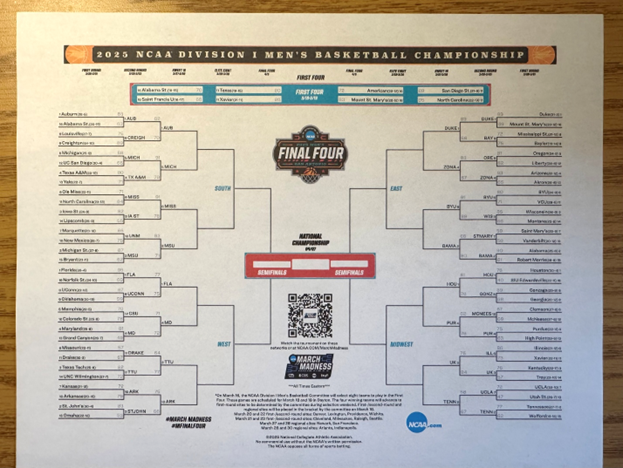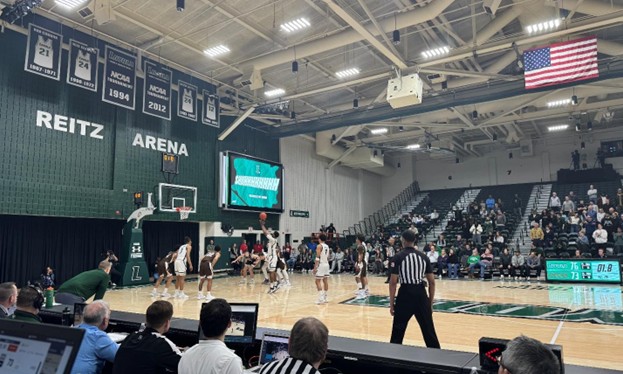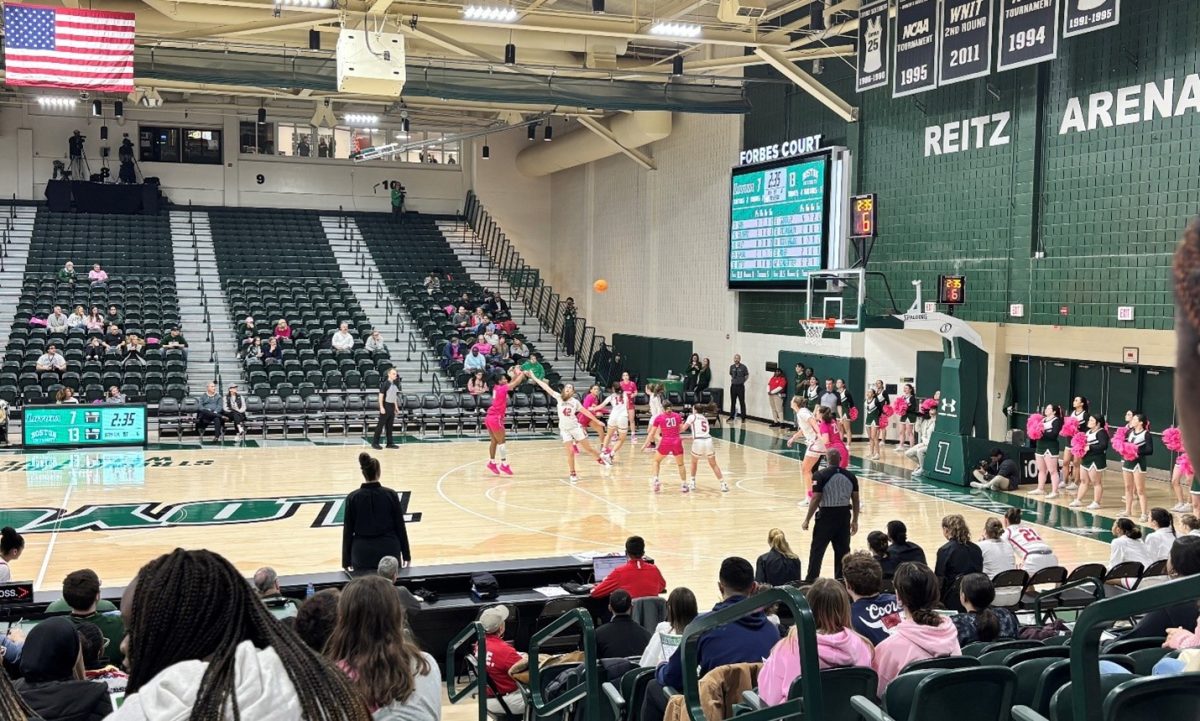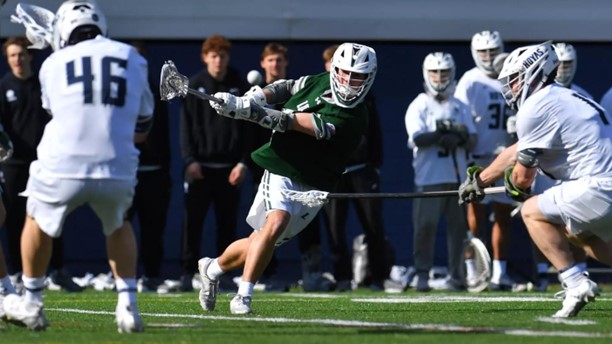Analysts and fans hold high expectations for both Peyton and Eli Manning each season. With the recent release of the documentary, The Book of Manning, football fans around the country gained added perspective on what shaped the Manning brothers into dominant NFL quarterbacks. One known for statistics and one known for postseason excellence, both have weathered the pressure along the way to setting records, earning MVP awards, and winning Super Bowls.
Yet, as the first third of the NFL regular season comes to a close, their performances could not be in starker contrast to one another.
Peyton’s Denver Broncos (5-0) stand atop the AFC West while Eli’s New York Giants (0-6) sit at the bottom of the mediocre NFC East. More so than ever, each brother has carried the lion’s share of responsibility in producing these results. With a record-tying seven TD passes in a 49-27 drubbing of the defending Super Bowl champion Baltimore Ravens, Peyton began the 2013 NFL season in midseason form.
Eli, however, did not fare the same. After throwing an interception on his first pass of the game, Eli led the Giants back into contention. Trailing 30-24 around the two-minute warning, Eli threw his third interception of the game, which was returned for a touchdown. It was the Giants’ sixth turnover of the game.
In the second game of the season, the brothers met for the third time in their professional careers. Manning Bowl III featured showings consistent with the previous week as the Broncos dominated the Giants in a 41-23 victory. While both brothers threw for over 300 yards, Peyton threw two touchdowns to Eli’s four interceptions. Denver could not look any better, and the Giants could not look worse.
For better or worse, both Peyton and Eli stand on track for record-setting seasons. While Peyton has thrown for three or more touchdowns in four of five games, Eli has thrown three or more interceptions in four of the Giants’ six games.
Week 5 witnessed Peyton surpass Dan Marino for 2nd on the all-time passing list with 61,731 career yards, 1,884 of which have been thrown this season. Peyton currently paces 6,029 yards for the season, which would break Drew Brees’ record of 5,436 yards for a single season, and 64 touchdown passes, which would break Tom Brady’s record of 50 touchdown passes in a single season. Eli’s play tells a different story. At this rate, Eli will throw 48 interceptions for the season, which would break George Blanda’s single season record of 42 set in 1962. The touchdown-to-interception comparison also fuels the discrepancy in the brothers’ completion percentages. To this point, Peyton has completed 75.8 percent of his passes while Eli has connected on only 53.7 percent of his passes. Not only has he completed more attempts, but Peyton’s passer rating of 136.4 dwarfs Eli who stands at 64.0.
Each Manning’s performance has directly impacted that of their teams. While the Broncos boast a +1 turnover ratio, the Giants register a -16. Correlated with this ratio, Denver averages 31:06 minutes of possession per game while New York controls the ball for an average of 26:10. Turnovers and time of possession often lead to points. As such, the Broncos have scored 230 points on the season to the Giants’ 103, allowing only 139 points compared to the Giants’ 209. Finally, Denver has won by an average margin of 18.2 points per game while New York has lost by an average of 20.2 points.
In order for the Broncos to continue their winning ways, Peyton must keep playing at a high level, and Eli must improve in order to bring the Giants back into playoff contention.
Peyton may have the best of Eli so far this season, but consideration of their statistics logically warrants a discussion of their place as all-time greats.
Be that on ESPN.com, NFL.com or any football blog, four quarterbacks most consistently placed in the discussion of top five quarterbacks of all time include Joe Montana, Tom Brady, Johnny Unitas and John Elway. Other quarterbacks, such as Troy Aikman, Terry Bradshaw, and Steve Young should remain in the discussion, but not necessarily in that of the top five. Nevertheless, to understand Peyton’s and Eli’s places in history compared to these quarterbacks, statistical evidence becomes necessary.
Arguably the greatest quarterback in NFL history, Montana was named Super Bowl MVP in three of his four Super Bowl victories, given two regular season MVP awards, threw for 273 touchdowns and 40,551 yards, and holds a 92.3 passer rating. Despite his status as a current player, Brady has also been considered one of the greatest quarterbacks. Thus far, he has two Super Bowl MVP awards in three Super Bowls wins, two regular season MVP selections, 341 touchdowns, 46,017 yards, and a 96.1 career passer rating. Additionally, Unitas, who once threw for a touchdown in 47 consecutive games in an era dominated by running backs and defenses, sits among the top five quarterbacks. Unitas also won a Super Bowl and two regular season MVP awards, threw for 290 touchdowns, passed for 40,239 yards, and registered a 78.2 passer rating.
Elway rounds out the top four in light of his two Super Bowls, regular season MVP award, 300 touchdowns, 51,475 yards and 79.9 career passer rating.
With this much being said, where do Peyton and Eli fall? Some quickly move to crown Eli the better Manning, claiming that he has won more Super Bowls. However, only one Super Bowl victor separates the two. When studying career statistics, Peyton handily trumps his younger brother. Not only does Peyton have four regular season MVP awards, he has 456 career touchdown passes, 61,371 passing yards and a 96.7 career passer rating. In comparison Eli has no regular season MVP selections, 220 passing touchdowns, 33,248 yards, and an 81.8 career passer rating.
Peyton may have an additional six years of experience, but with almost twice as many touchdowns and yards to go along with a passer rating 14.9 points higher, Eli still falls short. Seeing that Eli has played nearly two-thirds the length of Peyton’s career, Eli’s totals are not projected to match his older brother’s. Ultimately, this statistical comparison places Peyton ahead of his brother on the list of the greatest quarterbacks to play in the NFL.
Furthermore, it is reasonable to accept Peyton as a member of the 10 greatest quarterbacks in NFL history, but not as a member of the top five. For Peyton to join this historic list, he would need at least one more Super Bowl victory. As such, if Peyton continues at his current pace this season, he could win his fifth regular season MVP award and add to his storied legacy.
With four seasons left on his contract with the Broncos, Peyton could potentially play in an additional four postseasons, giving him multiple chances at another Super Bowl victory.
Peyton and Eli alike play with poise and have led impressive careers to date, yet—when considering Peyton’s dominance and Eli’s uncharacteristic play—it remains to be seen whether or not this season will remain a tale of two Mannings.











































































































